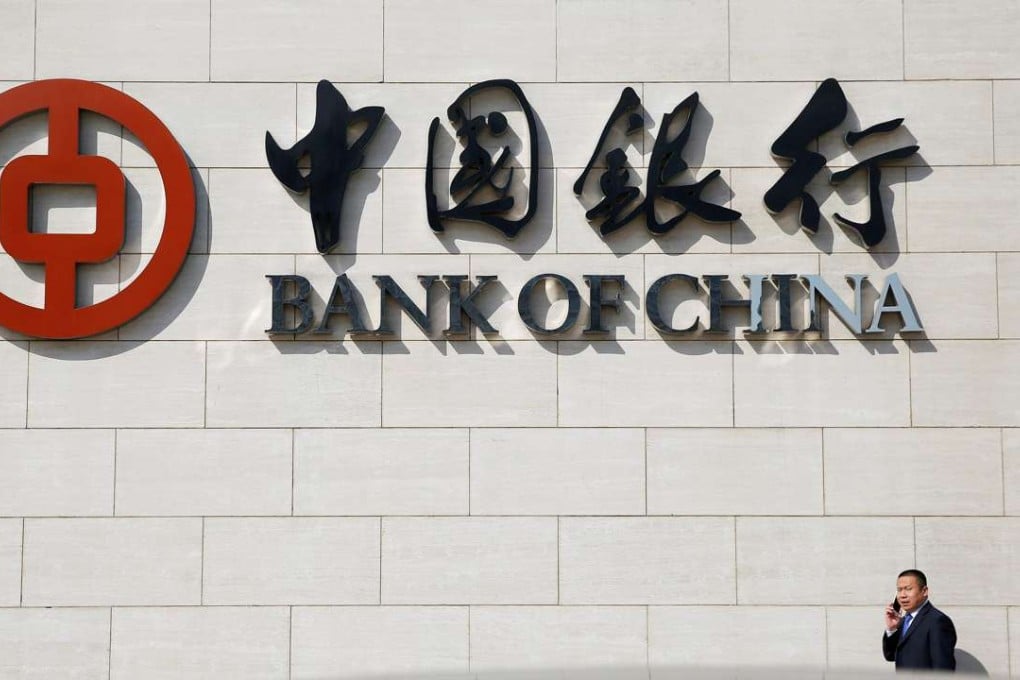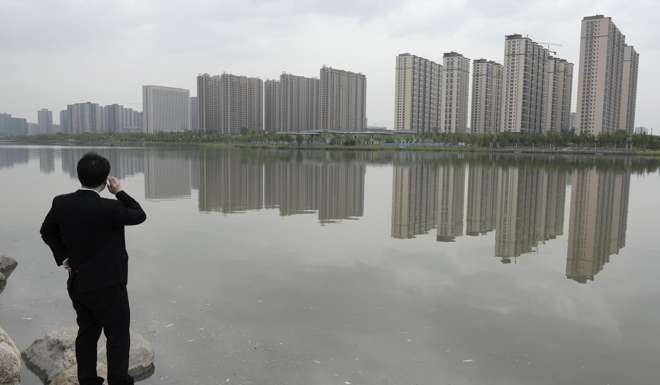Advertisement
Growing property bubble is China economy’s biggest risk, warns Bank of China economist
Skyrocketing home prices increase wealth gap and financial woes, economist warns
Reading Time:2 minutes
Why you can trust SCMP

Wendy Wuin Beijing
The Bank of China has raised a red flag on the country’s growing property bubble.
“A property bubble is the biggest risk for China’s economy,” Zhou Jingtong, a senior economist with the state-owned commercial bank said at a briefing to release the bank’s quarterly economic outlook report on Thursday.
Skyrocketing home prices would “exacerbate the wealth gap and economic woes”, he said.
Advertisement

“Property speculation becomes common practice and everyone is dreaming about windfall profits overnight … these are very dangerous,” he said.
Advertisement
Residential prices in major Chinese cities, from Shanghai to Shenzhen, are rising at an annual pace of 30 or 40 per cent in 2016, sucking the majority of bank credit into the property market and pushing prices beyond what is affordable for most residents there.
Advertisement
Select Voice
Choose your listening speed
Get through articles 2x faster
1.25x
250 WPM
Slow
Average
Fast
1.25x